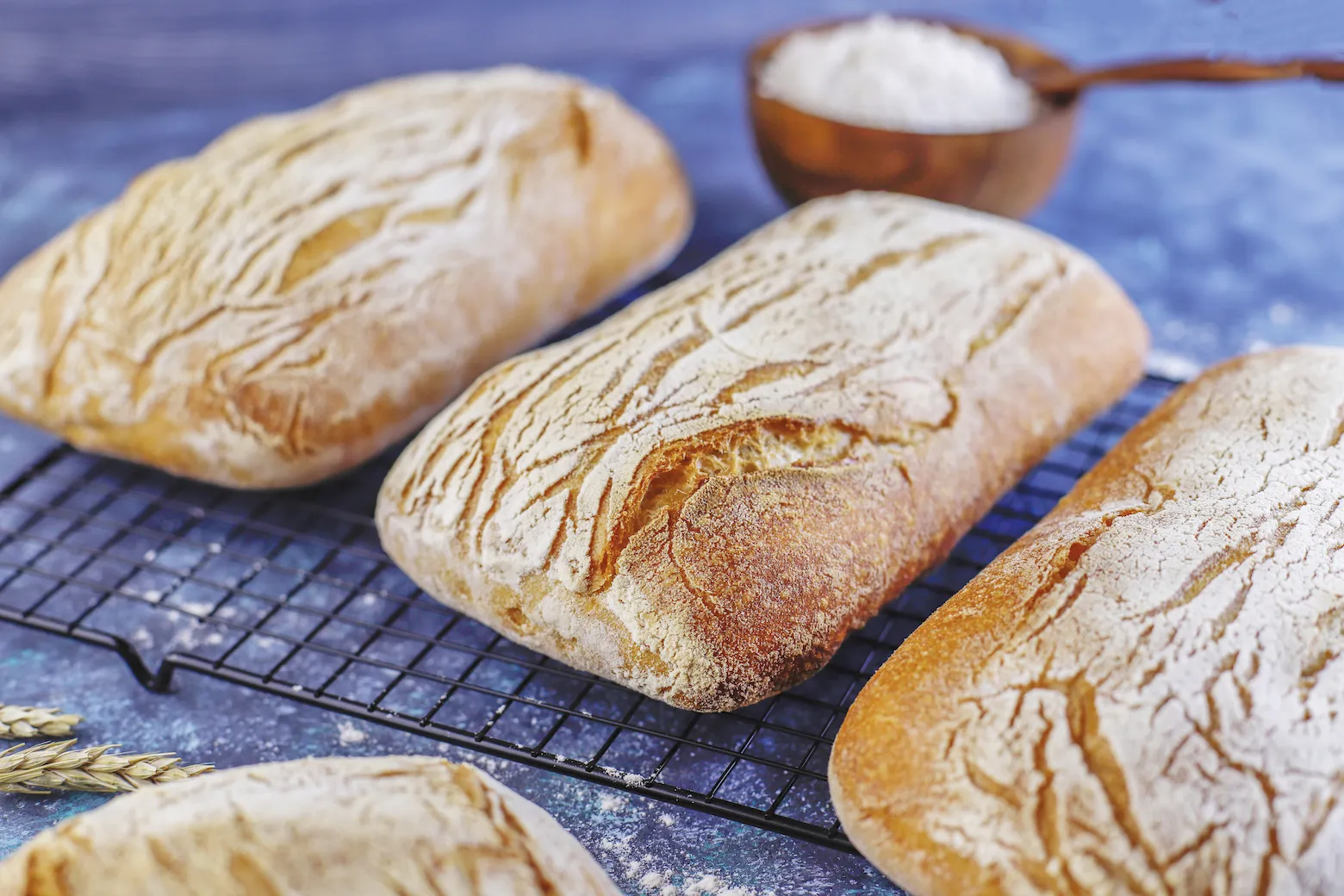Isn’t it a coincidence how what you eat can directly impact your health, especially when dealing with conditions like psoriatic arthritis? You’ve probably experienced an increase in joint discomfort and inflammation after consuming certain foods, without fully realizing the connection.
Let’s explore how the food you consume can either exacerbate or alleviate your psoriatic arthritis symptoms. I promise, by the time we’re done, you’ll have a fresh perspective on how to balance your diet for better joint health and overall well-being.
But let’s not get ahead of ourselves; we’ll start with understanding what psoriatic arthritis is and how it might be influenced by your nutritional choices.

Understanding Psoriatic Arthritis
Before we delve into the relationship between diet and psoriatic arthritis, it’s crucial to grasp what this condition is and how it affects your body.
Psoriatic arthritis is an autoimmune disorder. This means your body’s immune system attacks its own cells and tissues, resulting in inflammation and pain. It’s typically associated with psoriasis, a skin condition that causes red, scaly patches to appear on your skin.
Interestingly, you mightn’t even know you have psoriasis since psoriatic arthritis can strike first. You’ll experience joint pain, stiffness, and swelling, primarily in your fingers and toes. It may also affect your spine, leading to spondylitis, or inflammation of the vertebrae. Over time, this disease can result in joint damage that can’t be reversed.
The severity of psoriatic arthritis varies from person to person. Some people have mild symptoms that come and go, while others have continuous, severe symptoms. The key to managing this condition lies in early diagnosis and treatment.
That’s where diet comes into play. By understanding how certain foods influence inflammation and immune response, you can make smarter dietary choices that may help manage your symptoms.
The Diet-Psoriatic Arthritis Connection

As you grapple with the impact of psoriatic arthritis on your body, it’s worth considering how your diet might be playing a significant role in managing or potentially exacerbating your symptoms. What you consume can directly affect your body’s inflammatory response, which is key in this type of arthritis.
Certain foods can trigger inflammation, such as processed foods, refined sugar, and alcohol. Conversely, some foods are known to combat inflammation and might help ease your symptoms. These include fatty fish rich in omega-3s, colorful fruits and vegetables packed with antioxidants, and whole grains.
A Mediterranean diet, for example, is often recommended for its high content of anti-inflammatory foods. It’s essential, however, to remember that everyone’s body reacts differently to various foods. What works for one person mightn’t work for you.
Also, while diet can influence your symptoms, it’s not a cure-all. It should be part of a comprehensive treatment plan, including medication and physical therapy. Always consult your doctor or a dietitian before making significant changes to your diet. They can provide personalized advice based on your specific needs and conditions.
Making informed dietary choices can contribute to better joint health and overall well-being.
Foods That Trigger Psoriatic Arthritis
Navigating the terrain of dietary choices, it’s crucial to be aware of certain foods that can potentially trigger or worsen psoriatic arthritis symptoms. Research indicates that inflammatory foods can exacerbate this condition, causing more frequent and severe flare-ups.

Foremost on the list of triggers are red and processed meats. These foods are high in saturated fats that can exacerbate inflammation. Similarly, dairy products, particularly those high in fat, can trigger symptoms. So, you might want to consider cutting back on these.

Refined carbohydrates, such as white bread and pastries, as well as sugary drinks and snacks, can also lead to inflammation. These foods can cause blood sugar spikes, and the resulting inflammation might worsen your psoriatic arthritis.

Alcohol and tobacco, while not technically foods, are consumables that can significantly affec psoriatic arthritis. Both can cause inflammation and weaken the immune system, making symptoms worse.

Fried foods, loaded with trans fats, can also promote inflammation and should be avoided.
Psoriatic Arthritis-Friendly Foods
While it’s essential to know which foods can worsen your psoriatic arthritis, it’s equally important to familiarize yourself with foods that can help manage your symptoms and promote joint health. Omega-3 fatty acids, found in fish like salmon and mackerel, have anti-inflammatory properties that can help reduce your symptoms. Also, fruits and vegetables are packed with antioxidants, which can also aid in reducing inflammation.
Whole grains are another excellent addition to your diet. They’re not only a great source of fiber, but they can help lower the levels of C-reactive protein (CRP) in your blood – a marker of inflammation. Incorporating lean proteins like poultry and legumes can also be beneficial.
Don’t forget about spices! Turmeric, for instance, contains a compound called curcumin, known for its anti-inflammatory properties. Similarly, ginger has been found to have analgesic and anti-inflammatory effects.
Designing Your Psoriatic Arthritis Diet
Knowing which foods can help manage symptoms and promote joint health, you’re one step closer to creating a diet plan tailored specifically to your needs with psoriatic arthritis. Begin to identify your psoriatic symptoms and then identify nutrient-rich foods that fight inflammation, like those rich in Omega-3 fatty acids, antioxidants, and fiber.
It’s equally important to recognize and limit foods that can trigger inflammation, such as refined sugars and saturated fats.
Next, consider your personal dietary preferences and restrictions. Your diet shouldn’t feel like a punishment, but rather a sustainable lifestyle change. You can still enjoy flavors you love, but may need to seek healthier alternatives or preparation methods.
It’s crucial to understand that this isn’t a one-size-fits-all approach. What works for one person mightn’t work for another. You’ll need to experiment with different foods and monitor how your body responds to them. Remember, this is a journey, not a destination.
Lastly, don’t hesitate to seek professional advice. A registered dietitian or a nutritionist can provide valuable guidance and help tailor a diet plan that suits your specific needs. They can also ensure you’re meeting all your nutritional requirements while managing your psoriatic arthritis symptoms.
Monitoring Your Diet Progress
Once you’ve established your personalized diet plan, it’s vital to track your progress and observe how your body responds to these nutritional changes. This isn’t simply about watching the scale. You’re looking for improvements in your psoriatic arthritis symptoms, your energy levels, and your overall well-being.
To accurately assess your progress, it’s crucial to keep a detailed food diary.
Write down everything you eat and drink, as well as any changes in your symptoms. Over time, you’ll likely notice patterns and correlations between certain foods and symptom flare-ups, which can guide adjustments to your diet plan.
Remember, change often happens gradually, so don’t be discouraged if you don’t see results immediately. It’s important to give your body time to adjust to your new dietary habits. Regular check-ins with your doctor or a nutrition expert can provide valuable insight and help you stay on track.
A balanced diet is a powerful tool in managing psoriatic arthritis, but it isn’t a one-size-fits-all solution. By carefully monitoring your diet and listening to your body, you’ll be better equipped to make the nutritional choices that support your joint health and overall well-being.
Conclusion
Research indicates that nearly 25% of people with psoriatic arthritis see improvement by modifying their diet. That’s quite significant!
It’s clear that understanding how certain foods affect your symptoms, and tailoring your diet accordingly, could make a big difference in managing this condition.
Don’t underestimate the power of nutrition in your fight against psoriatic arthritis. Keep monitoring your progress and tweaking your diet for optimal joint health.
You’ve got this!

